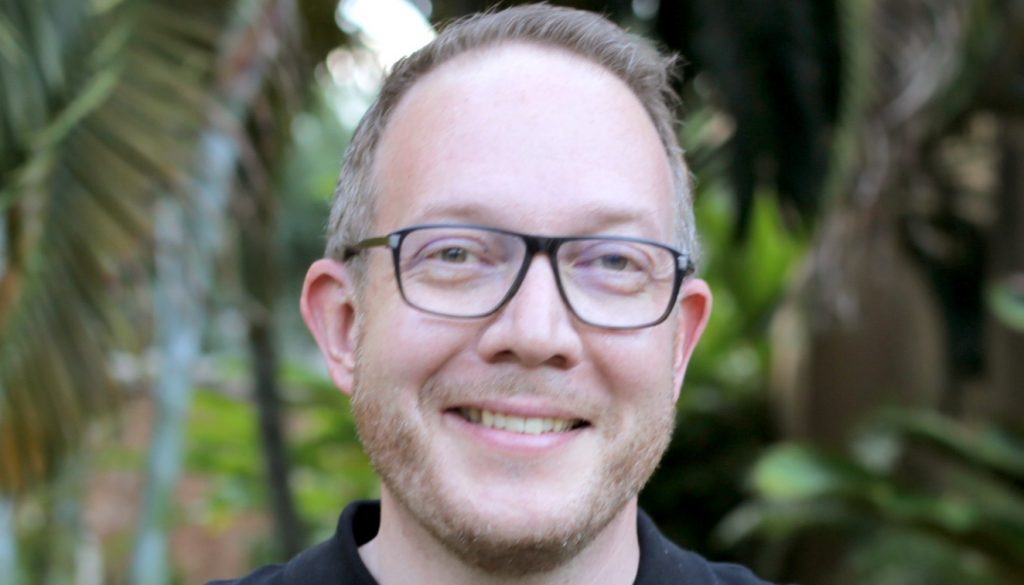For Finnish founder Jussi Hinkkanen — whose edtech startup Fuzu announced this week that it had closed a €3.4-million Series-A round — the ability to create and capture the market, makes Africa a very attractive place to be as a startup founder.
With little competition in many places in the tech sector in Africa, entrepreneurs who get in early and create demand for their services or products can in effect become the market.
No ad to show here.
It’s this that excites Hinkkanen, who has spent the last 15 years working on the continent in various capacities — for multinationals such as Nokia and Microsoft Mobile, and tech hubs, and even as an advisor to Mozambique’s science and technology minister.
Today he divides his time between Africa and Finland, where Fuzu is headquartered.
The startup has a subsidiary registered in Mauritius and has a branch in Kenya and team based in Uganda. Its financial backers are mainly a mix of international investors who own shares in the company.
Fuzu founder and Finn Jussi Hinkkanen says the ability to tackle blue-sky innovations makes Africa very attractive
Hinkkanen founded the startup in 2015 with Jussi Impiö, who is also the founder of Nokia Research Africa in Nairobi. Impiö now serves as a board members and is no longer active in the day-to-day running of the business.
Hinkkanen stressed that Fuzu (the word comes from the Swahili “to succeed”) is not a jobs platform, but rather serves to “help prepare people and organisations for success” by “helping users and organisations to accelerate their growth at different stages of the journey”.
“Jobs are important, but key parts of our proposition also include learning, career guidance, company development related offering – all driven by the very deep dataset we build about our users and their needs,” he explained in an email to Ventureburn.
He said the platform’s services are customised to each user by leveraging machine-learning based content matching.
He argues that being from Finland has helped the edtech and its value proposition, because the Nordic country is referenced as a model by many for how to reform education systems.
$500k revenue, 1.5m users
Last year the startup closed deals worth a total of roughly $700 000, generating revenue (through 12-month accrual) of about $500 000, he said.
The platform has an active user base of 1.5 million users (who have been helped in the last six months).
Since 2015 the startup has raised about $5-million and currently has a 35 staff members, which Hinkkanen reckons will grow to about 60 over the coming six months.
The latest round was led by Nordic edtech investor Sparkmind.vc, with participation from Finnish emerging market investor Finnfund, Kenyan venture capital (VC) company Cornerstone Enterprises, Aucfan Incubate which is the corporate VC of a large Japanese online business, Swiss investor Seedstars International which runs the Seedstars competition and Japanese Africa facing VC Kepple Africa.
A group of individual investors from Japan and the US also took part in the round.
The current board has a mix of Finnish, international and local expertise. The new board coming into force during the first half of this year will also include a Kenyan investor who participated in the Series-A round, said Hinkkanen.
“The board is experienced in running some of the largest global tech brands and in operating some of the largest online platforms in the Middle East Africa context,” he said.
‘Worked in 15 countries’
Hinkkanen has worked across Africa and Middle East since 2004 and has lived in Mozambique, South Africa and the United Arab Emirates (UAE). Since 2014 he has divided his time between Kenya and Finland.
During the past 16 years Hinkkanen says he has worked in about 15 countries, which has allowed him to establish a network of partnerships and contacts that act as the foundation for his startup’s regional expansion.
“(Today) I spend 50% of my time on the ground, two weeks every month. The reason for this is that our operations are largely in Kenya and Uganda (90% of the team) and the R&D team sits in Europe (Finland, Ukraine and Estonia) with a growing team of developers also in Kenya.
“I am personally the primary architect behind the platform, so my presence is needed at both ends,” he said.
South-East Asia next?
So, what’s next for Hinkkanen and Fuzu?
“We are slightly secretive about the strategy, but key focus will be to strengthen our operations team on the ground, build the next iteration of the Fuzu platform and the B2C and B2B offering (including data assets) and to start fast expansion to new markets,” he says.
He did however reveal how the startup is keen on other emerging markets as well and has done market research in a few South East Asian countries.
After all, if he’s doing it in Africa, why not in a frontier market like South East Asia too?
Featured image: Fuzu co-founder Jussi Hinkkanen (Supplied)
